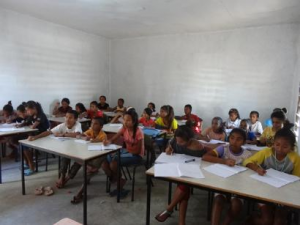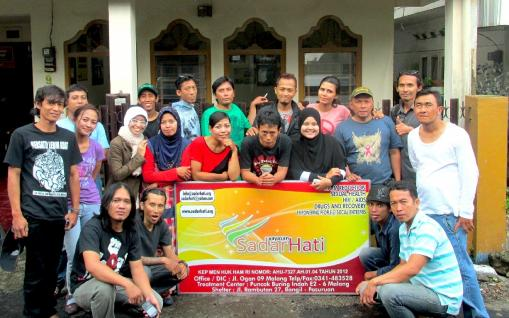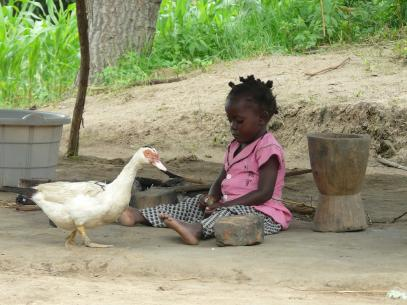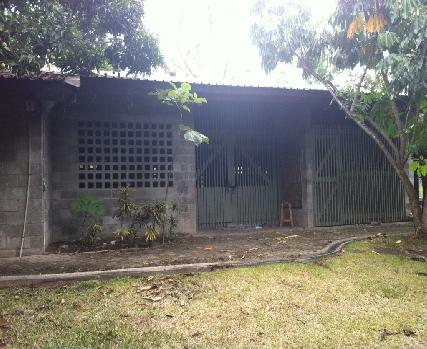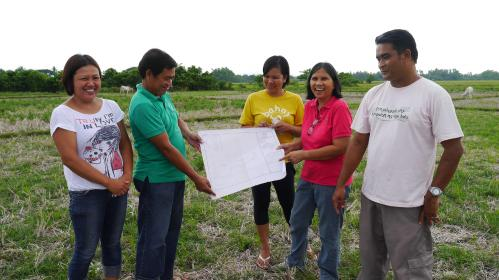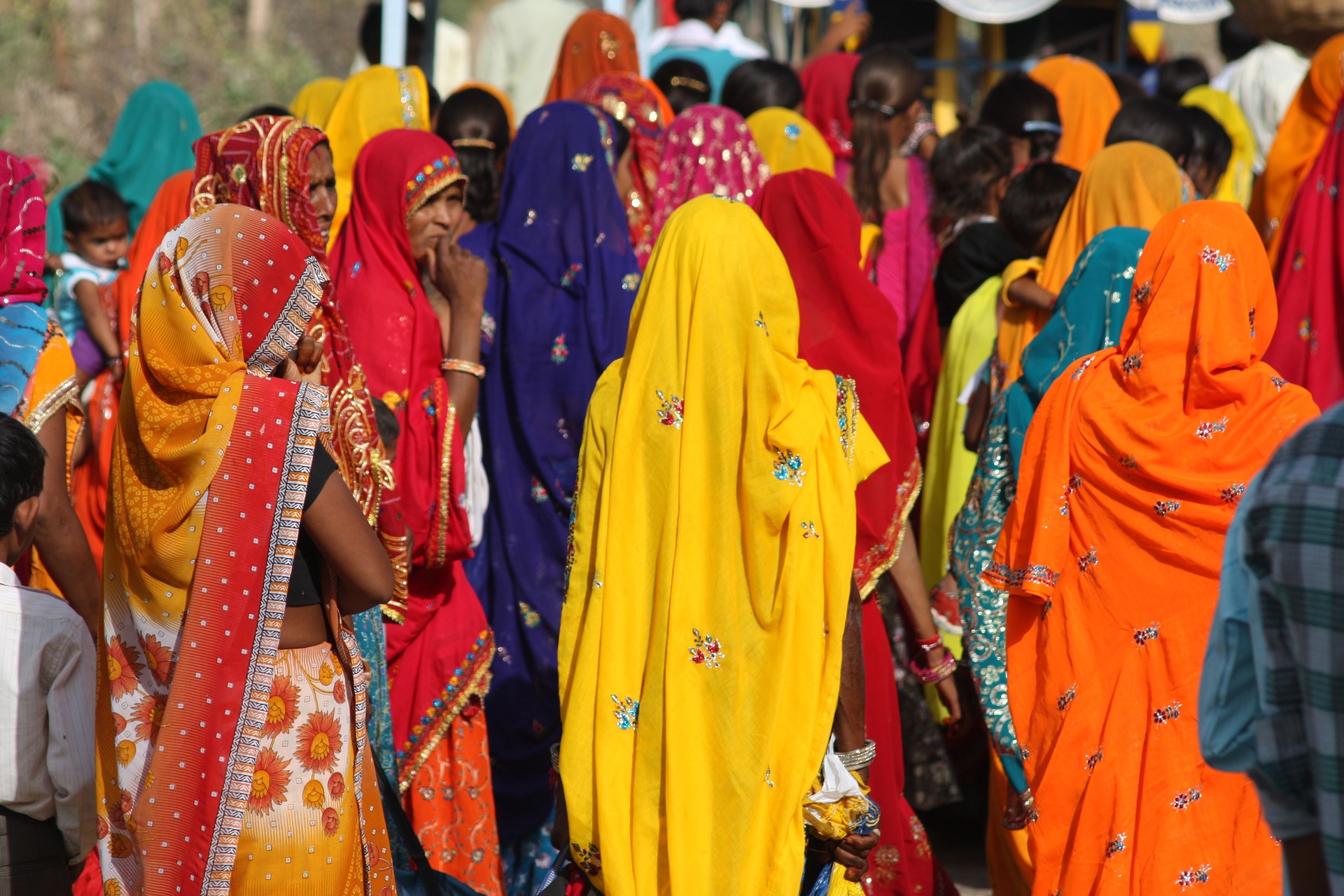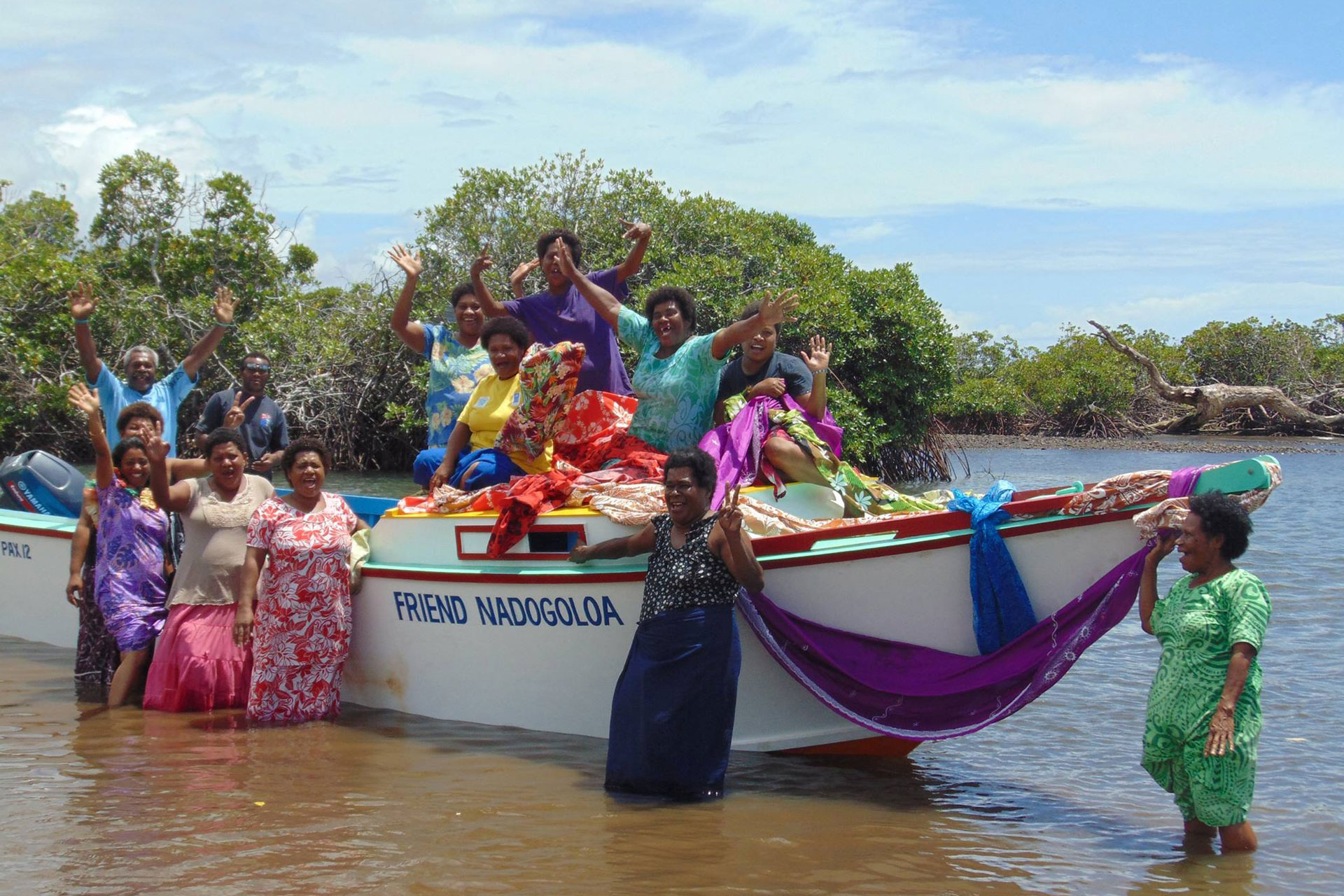‘Promoting Education and Opportunity in Balibo, Timor-Leste’. The Balibo House project aimed to provide a clean, safe and effective community learning environment at the Balibo flag house, a place of international historical significance.
During the project timeframe, Balibo Trust delivered a refurbished Balibo Community Learning Centre (CLC) that will provide ongoing skills and education needed by the community to benefit from and generate culture based tourism around the flag house. Opened in 2003, the CLC required repairs to its electrical works, walls, doors and shutters, the installation of toilets (none currently exist) and in accordance with community wishes, the replication of the now visible Australian flag mural.
The education programs delivered at the CLC will focus on English language training, hospitality, internet and computer skills, as well as improved capacity and access to markets for rural women’s cooperatives.
At the completion of the program, the Balibo CLC restoration work, including installation of toilets and the Australian flag mural, were completed on time and to budget. All work was carried out by Balibo based contractors, meaning employment and economic outcomes were locally focused. The work was overseen by Balibo CLC staff. The project was opened at a community ceremony to celebrate the 10th anniversary of the opening of the Balibo Community Learning Centre, and was attended by a number of local and international dignitaries, including Minister for Tourism and Ambassadors from Australia, New Zealand and Indonesia. Palladium was represented at the ceremony by Warren Anderson.
Thanks to the Let’s Make It Possible grant, Balibo now has a fully functioning, safe and clean community learning centre, which allows the people of Balibo to look to the future, while still acknowledging their past. Local people are also able to benefit through increased tourism and visitation to the town.
